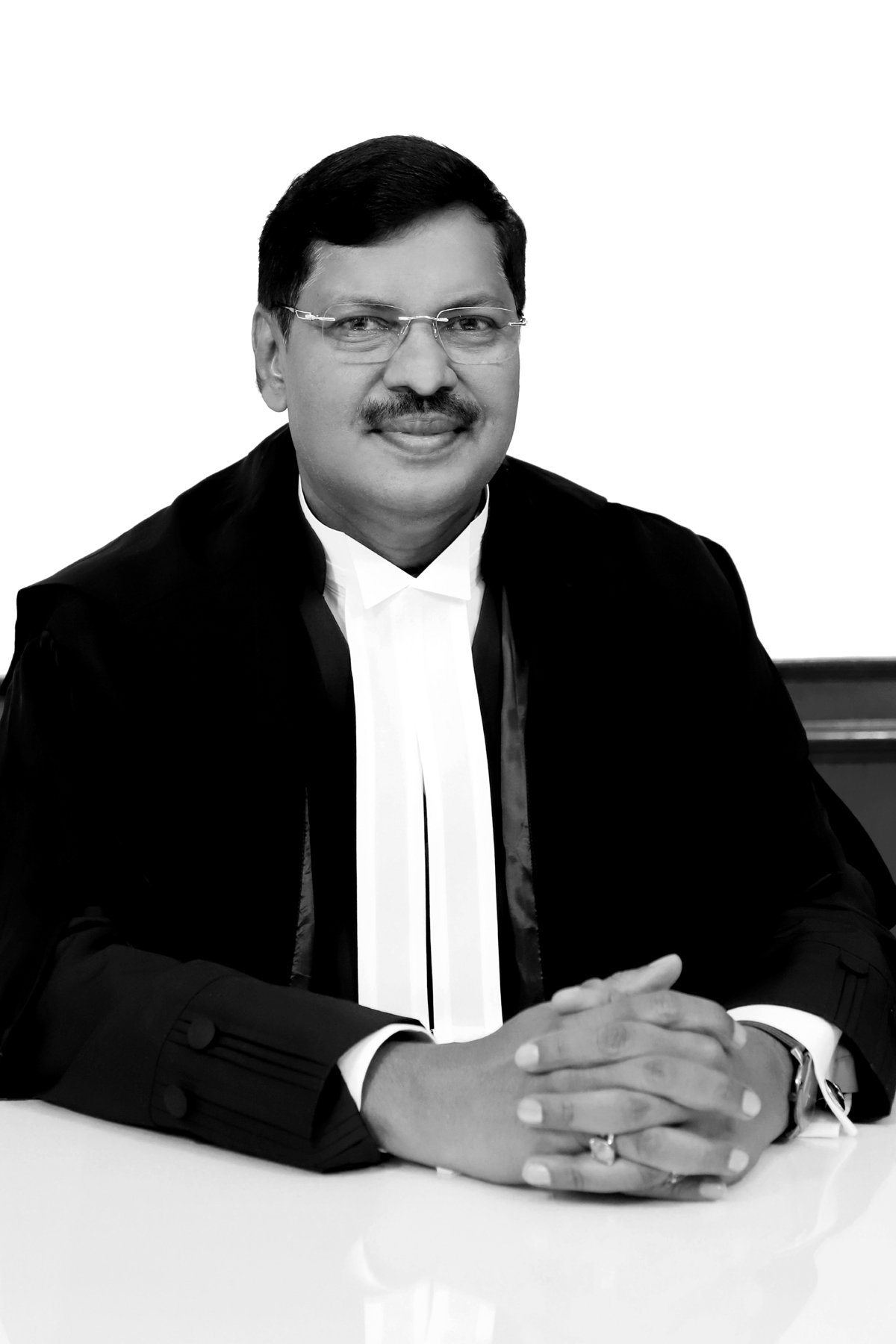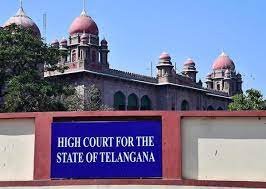Justice BR Gavai, a Supreme Court justice, bemoaned on Friday that the majority of people cannot afford two square meals a day, and that the entire nation’s wealth is concentrated in the hands of a small number of people.
Justice Gavai echoed Dr. B.R. Ambedkar’s remarks at the concluding constitutional debate in November 1949 when he stated that we shouldn’t let the political equality that comes with the universal adult suffrage blind us to inequity in other areas.
He emphasized the necessity of addressing the social and economic inequalities that keep people in the social groups into which they are born.
“Dr. Ambedkar said that on a political plane we have achieved equality and justice by providing for one person, one vote. But what about economic and social justice inequality? We have a society compartmentalised into tight categories where persons cannot travel from one compartment to another compartment. On an economic plane we have a society where the entire wealth of the country is concentrated in a few hands whereas the vast majority find it difficult to eat even two meals a day. Therefore, he (Dr. Ambedkar) warned us that we have to make every effort to eradicate these inequalities. If we do not do so then the edifice of democracy we have so labourously built will collapse”, Justice Gavai said.
Speaking at an event hosted by the Kerala High Court, Justice Gavai discussed a number of new initiatives, including the creation of Kerala’s sixth special court to hear cases under the Scheduled Castes and Scheduled Tribes (Prevention of Atrocities) Act and the first exclusive digital court in India to handle cases under the Negotiable Instruments Act.
Addressing the assembly as well, Chief Minister (CM) Pinarayi Vijayan discussed the authors’ intention when they included Article 17 in the Constitution, which outlaws untouchability in the country.
The chief minister reaffirmed Kerala’s resolve to improve all facets of society.
“Those who attempt a study of the Indian Constitution without a correct comprehension of the social history of this country will be perplexed to find a provision like Article 17 in it. That Article reflected the vision of the founding fathers of the Constitution aimed at liberating large masses of people who were sidelined and subjected to disabilities by reason of their birth in certain castes treated as untouchable. Comprehensive amendments of SC/ST Act envisage the establishment of special courts. Kerala has already established five such courts and the one being inaugurated in Ernakulam is the sixth special court. It is a testament to Kerala’s commitment to safeguarding the rights of marginalised communities. It is only natural that a State that makes budgetary allocation that is higher than the normative share of SC/STs in the State’s population sets up a course to ensure justice to them,” the CM said.
In reference to the additional measures introduced today as a component of the endeavor to digitize the legal system, Justice Gavai expressed the opinion that they would expedite, lower the cost of, and increase accessibility to justice.
“In the last 60 years, the country on the executive, legislative and judicial side have played their role in adhering to the constitutional promise of social and economic justice. I am sure that these endeavours will provide speedy, affordable and accessible justice”, he said.
Justice Gavai also discussed the part technology played in helping the Indian judiciary adjust swiftly to the pandemic.
“Technology provided solace to millions of Indian citizens. After 2020 we have seen that all over the country there have been great strides in technology. We have also been using AI and now we have judgments which are translated into various vernacular languages. The system is not for the judges or the lawyers, it is for the people. Judges and lawyers work for the ultimate consumer of the system which is the citizen of India,” he said.
Judges CT Ravikumar and Rajesh Bindal of the Supreme Court also discussed the flexibility that technology offers, but they cautioned against leaving behind people who might not be adept at navigating an increasingly digitalized justice delivery system.
The Kerala High Court’s acting chief justice, together with justices AK Jayasankaran Nambiar and Raja Vijayaraghavan V, discussed the efforts made to bring the Kerala judiciary’s vision of a more digitalized system to reality. They conveyed their optimism that these steps will significantly address the judiciary’s backlog of cases while simultaneously enhancing accessibility and openness.



